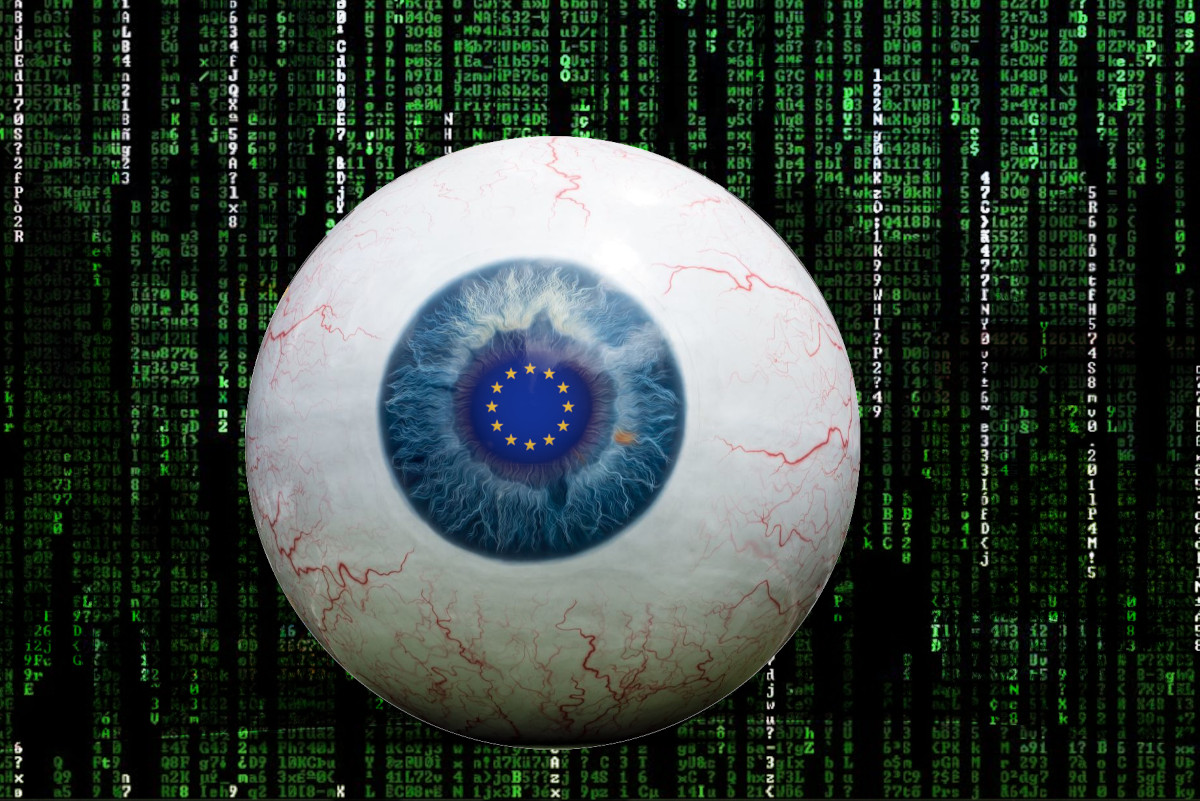
If you're still scraping your jaw off the floor after @propublica's monster story on tax-dodging among the ultra-wealthy, then buckle up, because they're not anywhere close to reporting out that leaked data.
pluralistic.net/2021/06/08/leo…
1/
pluralistic.net/2021/06/08/leo…
1/

Today's story from #TheSecretIRSFiles is about Tali Farhadian Weinstein, the ultrawealthy frontrunner candidate for the Democratic primary for DA of Manhattan.
propublica.org/article/leadin…
2/
propublica.org/article/leadin…
2/
Farhadian Weinstein and her husband - hedge fund manager Boaz Weinstein - earn stupendous amounts of money ($107m in 2011!) and pay virtually no tax.
3/
3/
"In 2017... she and her husband paid no federal income tax. In 2015 and 2013, they also paid no federal income tax. In 2014, she and her husband paid $6,584."
4/
4/
Farhadian Weinstein is the frontrunner in the primary in part because she's got millions and millions of dollars to spend on her campaign - most recently, she donated $8.2m to that campaign.
5/
5/
She's raised millions more, in large-dollar sums, from the finance sector, transforming the Manhattan DA primary into a game of moneyball in which she has outraised other candidates by 600-1,000%.
6/
6/
If she becomes Manhattan DA, one of the cases she'll manage is the investigation into Donald Trump's tax frauds.
Unlike Trump, Farhadian Weinstein isn't accused of breaking the law - merely exploiting its loopholes to pay an overall average tax rate of 12.6% from 2010-18.
7/
Unlike Trump, Farhadian Weinstein isn't accused of breaking the law - merely exploiting its loopholes to pay an overall average tax rate of 12.6% from 2010-18.
7/
That is a period in which her household saw hundreds of millions of dollars in income - and also a period in which she (like Jeff Bezos) claimed $5k in child tax credit for middle- and low-income families.
8/
8/
Farhadian Weinstein told Propublica in the years in which her family had "net income" they paid "more than 50% of our income in Federal, State and New York City tax." Propublica says that in the years in question, they paid 25.9% on millions, while the top rate was 35-39.6%.
9/
9/
Meanwhile, in years like 2013, the couple were able to declare no "net income" on earnings of $1.5m, in part by declaring $1m in "miscellaneous expenses" (Farhadian Weinstein declined to explain what these were).
10/
10/
Again, no one says she broke the law, but rather, that she exploited the law to get a deal that the voters of New York City couldn't hope to get for themselves, that in so doing, she amassed a vast fortune, and that she's using that fortune to buy high office.
11/
11/
Image:
Tali Farhadian Weinstein For Manhattan DA website (modified)
taliforda.com
Fair use:
law.cornell.edu/uscode/text/17…
Image:
Hloom Templates (modified)
flickr.com/photos/9505111…
CC BY:
creativecommons.org/licenses/by/2.…
eof/
Tali Farhadian Weinstein For Manhattan DA website (modified)
taliforda.com
Fair use:
law.cornell.edu/uscode/text/17…
Image:
Hloom Templates (modified)
flickr.com/photos/9505111…
CC BY:
creativecommons.org/licenses/by/2.…
eof/
ETA - If you'd like an unrolled version of this thread to read or share, here's a link to it on pluralistic.net, my surveillance-free, ad-free, tracker-free blog:
pluralistic.net/2021/06/17/qui…
pluralistic.net/2021/06/17/qui…
• • •
Missing some Tweet in this thread? You can try to
force a refresh







